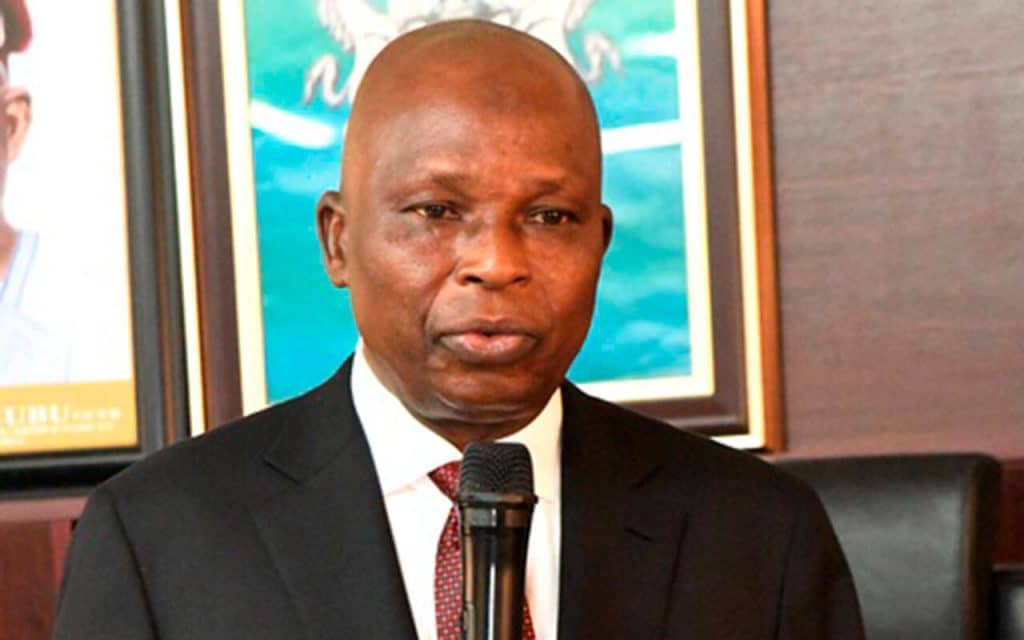
The Presidential Fiscal Policy & Tax Reforms Committee has refuted claims that the 5% fuel surcharge in the new tax laws is a new policy introduced by President Bola Tinubu’s administration. The committee clarified that the provision has existed since 2007 under the Federal Roads Maintenance Agency (Amendment) Act.
According to a post on Sunday Dare’s 𝕏 account, Special Adviser to the President on Media and Public Communication, the surcharge was simply restated in the new Nigeria Tax Act, 2025 for purposes of harmonization and transparency. The post also made it clear that the surcharge will not automatically take effect in January 2026. Instead, it will only be implemented when the Minister of Finance issues an official order published in the Official Gazette.
Key Clarifications on the Surcharge
In a series of answers to frequently asked questions, the committee provided further details about the surcharge:
Is it a new tax? No. The surcharge is not new and was not part of the original tax reform bills. It was carried over from the 2007 FERMA Act.
When will it be implemented? The surcharge will not commence with the new tax laws in January 2026. Its implementation is conditional and requires a specific order from the Minister of Finance.
Which products are affected? The surcharge does not apply to all fuel products. It specifically excludes household kerosene, cooking gas (LPG), and Compressed Natural Gas (CNG) to avoid burdening households and to align with Nigeria’s energy transition goals.
Why not abolish it? The surcharge is designed as a dedicated fund for road infrastructure and maintenance. The committee argues that while savings from the fuel subsidy removal will help, they are not sufficient to meet Nigeria’s vast road infrastructure needs.
Does it contradict tax reduction goals? The committee asserts that the tax reforms have already reduced multiple taxes and levies affecting households and small businesses. They view the harmonization of the surcharge as a move toward a more efficient tax system, not an increase in the tax burden.
This explanation comes amid public concern and confusion over the new tax law, which has been widely criticized as an additional financial strain on citizens.








